Four scenarios for an end to Russia’s war in Ukraine
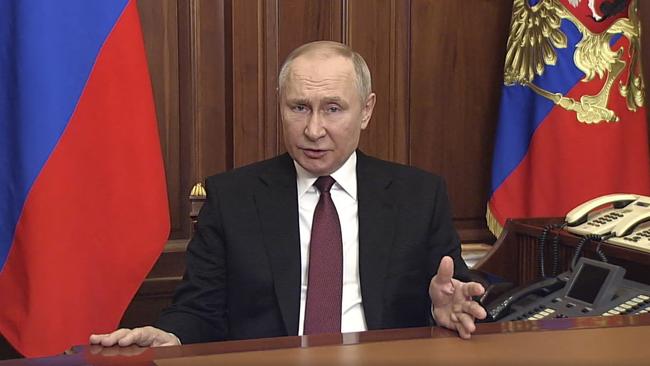
Here are examples of recent headlines reflecting their extremely different views:
• Putin’s war and the danger of disintegration.
• Putin’s apocalyptic endgame in Ukraine.
• Russia’s dangerous decline: The Kremlin will not go down without a fight.
• Thinking about the unthinkable: What happens if Putin goes nuclear?
• Putin is not bluffing with his nuclear threats.
• It’s high time to prepare for Russia’s collapse.
• Negotiated peace better than endless carnage in Ukraine.
• No one would win a long war in Ukraine.
These extremely different headlines show why there is no consensus in the West about the direction of this war. The problem is, of course, that we have no contemporary war on which to base our judgments. There has been no conventional war on this scale since the Korean War more than 70 years ago.
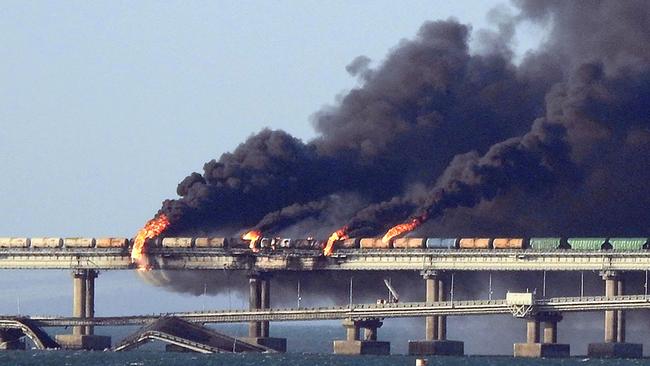
Now, we have a greatly weakened Russia that is determined not to be defeated in this struggle for territory it argues is Russia’s historically. But the Western democracies – so far at least – have been surprisingly unified in their strong military support for Ukraine. The central question is if this war drags on, and perhaps escalates, will the West continue its supply of highly accurate weapons, enabling Ukraine to reach deeper into Russian territory?
Let us examine four credible scenarios. The first one is Ukraine wins by expelling the Russian occupiers from all Ukrainian territory. The second one involves a decisive Russian victory, which completes its occupation of all Ukraine east of the Dnipro river from Kyiv to Kherson. The third and fourth scenarios examine the prospects for a negotiated peace settlement respectively from the views of Moscow and Kyiv.
In the first scenario, we envisage a series of crucial battles this year in which Ukraine’s military forces impose a succession of decisive defeats on the Russians, forcing them to retreat back over the border into Russian territory.
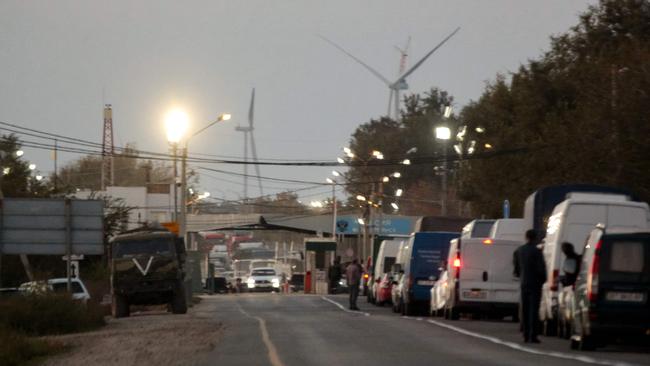
The problem with this scenario is that Moscow, in my view, will simply not give up its possession of Crimea (nash Krim or “our Crimea”) at any cost. Even so, it may be a practical proposition to envisage Ukraine evicting Russian troops at least from Donetsk, Luhansk, Zaporizhzhia and Kherson.
But there would have to be some sort of international agreement imposed to prevent Moscow from rebuilding its military forces and having another go at occupying Ukraine. The problem here is would a defeated Vladimir Putin pull down the house of nuclear cards in revenge? And even if he were to be overthrown, there remains the prospect of an even more extreme nationalistic leader taking over.
The second scenario is worse because it involves a decisive military defeat of the Ukrainian Armed Forces by Moscow. This would result in the crushing of Ukrainian language, people, religion and culture. A victorious Russia then might be encouraged to chance its luck elsewhere and threaten the Baltic countries, Poland and other states on its periphery, such as Moldova and Kazakhstan, with incorporation into the Russian motherland.
The aim of the Russian leadership would be to establish a cordon sanitaire of buffer states such as the one it enjoyed in the Warsaw Pact, which effectively created defence in depth for Russia, putting at least 1000km between it and the nearest NATO borders.
The challenge for Washington would be to demonstrate that any such Russian attack on Estonia, Latvia, Lithuania, Poland or any other NATO country would automatically result in prompt US global strikes on Moscow.
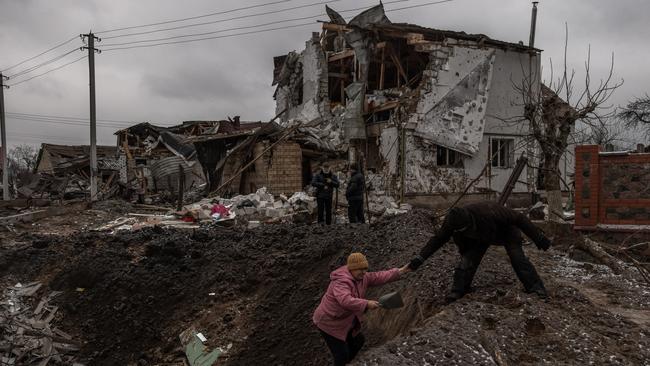
The final two scenarios involve negotiations on both sides resulting in a durable truce and international safeguards against any repetition of military attacks across agreed international borders. The chairman of the US Joint Chiefs of Staff, General Mark Milley, has indicated recently that from a military standpoint this war “is likely to end in a negotiation”.
Such an outcome effectively would reduce Russia to no longer being able to regard itself as a great power (velikaya derzhava).
Putin’s long-held view is that without dominance over Ukraine, Russia cannot be regarded as a great power. He believes Ukraine’s membership of NATO would be a mortal national security threat to Moscow or, as prominent Moscow commentator Sergei Karaganov puts it, “a spearhead at the heart of Russia”.
A settlement that continued to acknowledge Ukraine as a separate nation-state effectively would destroy Putin’s long-held assertion that the country simply does not exist.
As Russia’s Andrei Kolesnikov – whom Moscow labelled as a foreign agent on December 24 last year – has observed: “The Soviet Union in its later years had a lot more global respect than Russia does now.”
Russia, in my view, is in danger of becoming just another regional power – but still being able to threaten global nuclear devastation. And for Europe – no matter what the outcome is of this war – the geopolitical presence of a greatly diminished Russia still will have to be acknowledged as part of the European order. But for Russia to decline to a second-class regional power will be a major catastrophe, perhaps challenging its existence.
Paul Dibb is emeritus professor of strategic studies at the Australian National University.


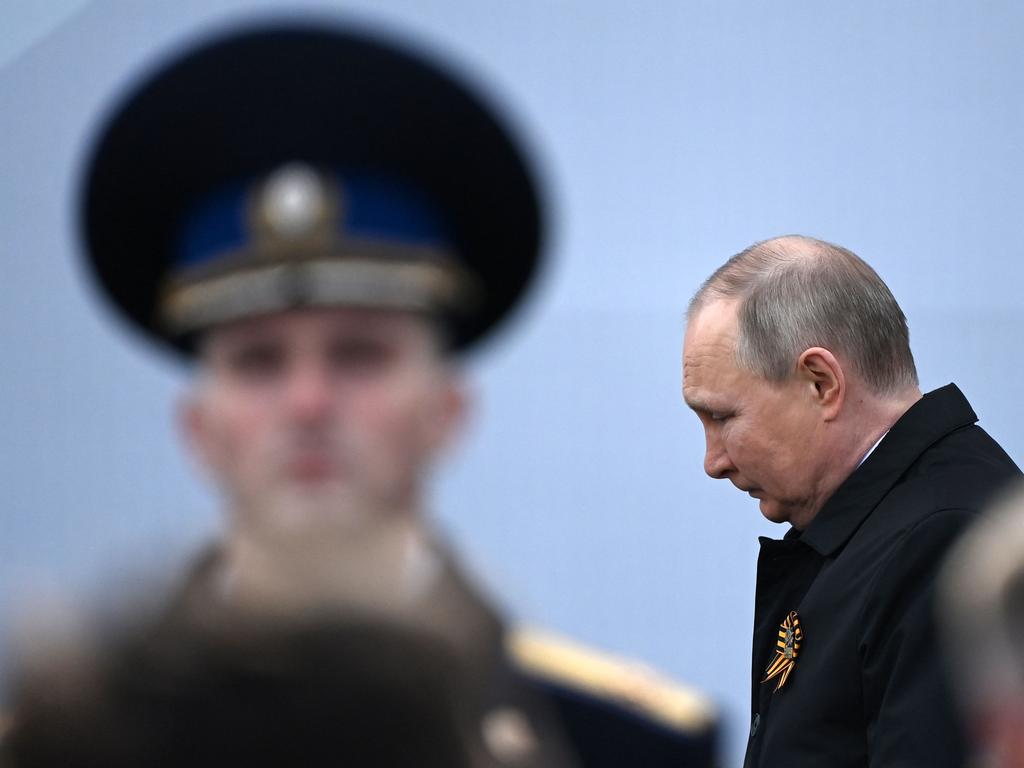
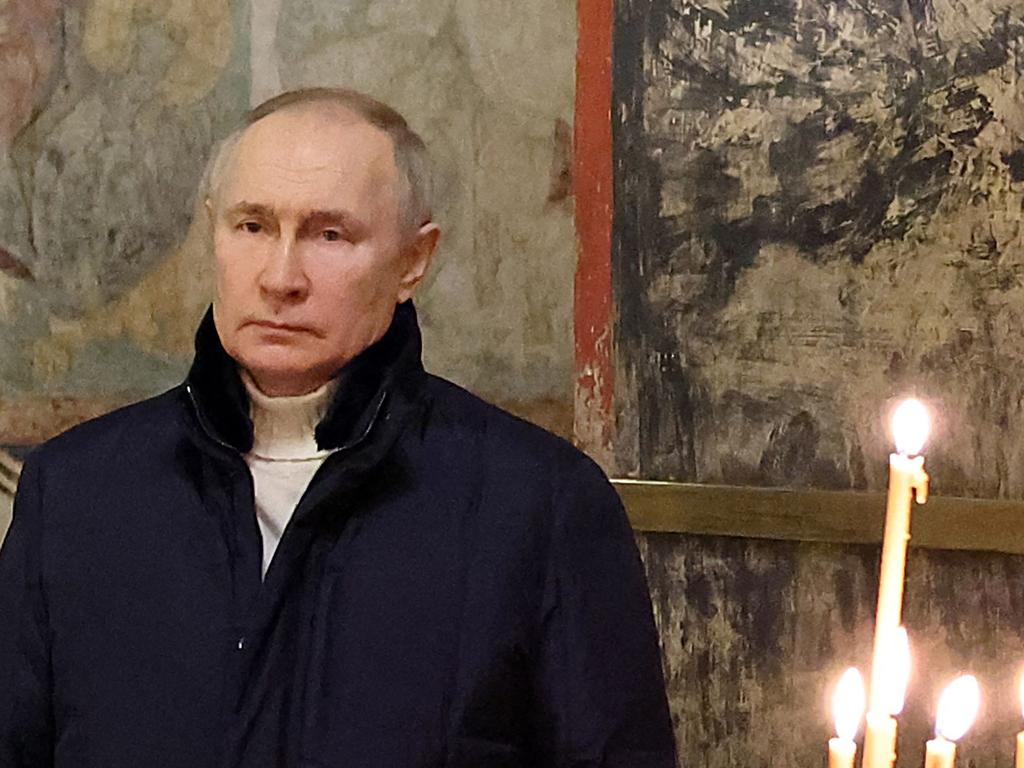


As the first anniversary approaches of Russia’s brutal invasion of Ukraine on February 24 last year, there is violent disagreement among so-called experts (including this one) about how, and if, this war will be resolved.